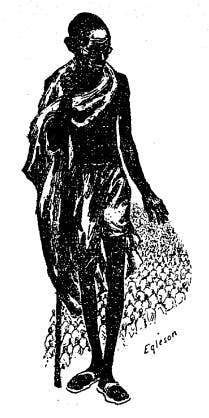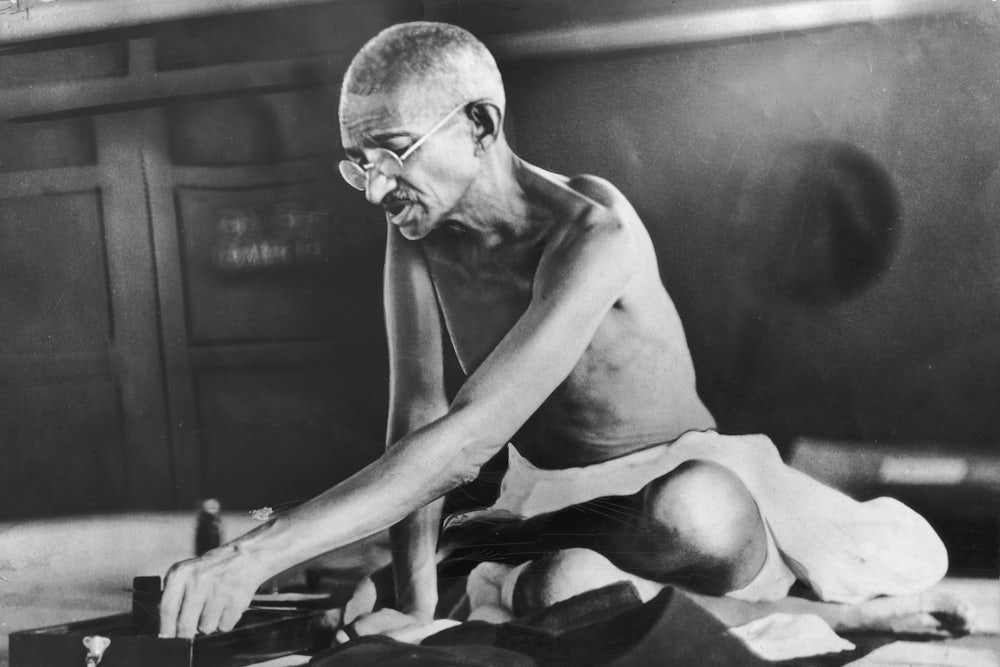
The shock of Gandhi’s assassination has for the time being caused widespread revulsion against all violent communal activity and prejudice. But those who believe that Prime Minister Jawaharlal Nehru has a chance of raising the one memorial to the Mahatma that Gandhi himself would have liked—communal peace—think he is not acting quickly enough. They say that unless he moves quickly and forcefully the shock will pass and the opportunity will be lost.
Many think it is not enough to outlaw the communal organizations and private armies such as the Hindu Mahasabha; the RSS (Rashtrya Swayam Sewak Sangh), militant youth organization; the Moslem League’s National Guard; and the Sikhs’ Akali Dal. For example, Jai Prakash Narain, leader of the Indian Socialist Party, says the government itself should be purged of all those with strong partisan prejudice. Although he mentioned no names, he implied he was thinking particularly of Congress Party boss Valabhbhai Patel, who holds the home portfolio and therefore was ultimately responsible for the protection of India’s citizens, including Gandhi.
The Socialist leader said that all communal-minded individuals should be punished by law, and that newspapers inciting communal riots should be banned by executive action. A growing number of Indians, agree, hoping that, in a nation bereft of its greatest leader, Nehru will immediately assert his authority by reconstructing the government and replacing with Socialists those ministers tinged with religious and social reaction. “Immediately” is the key word.
